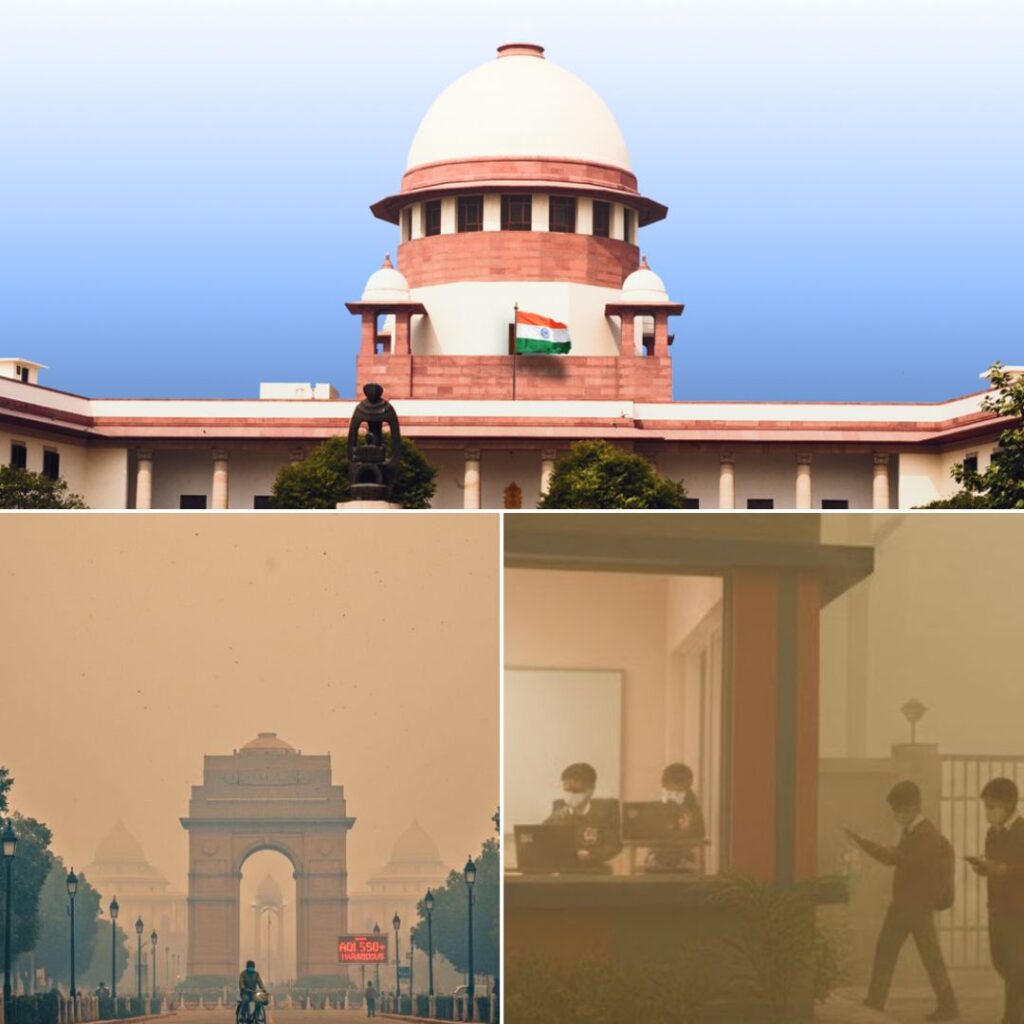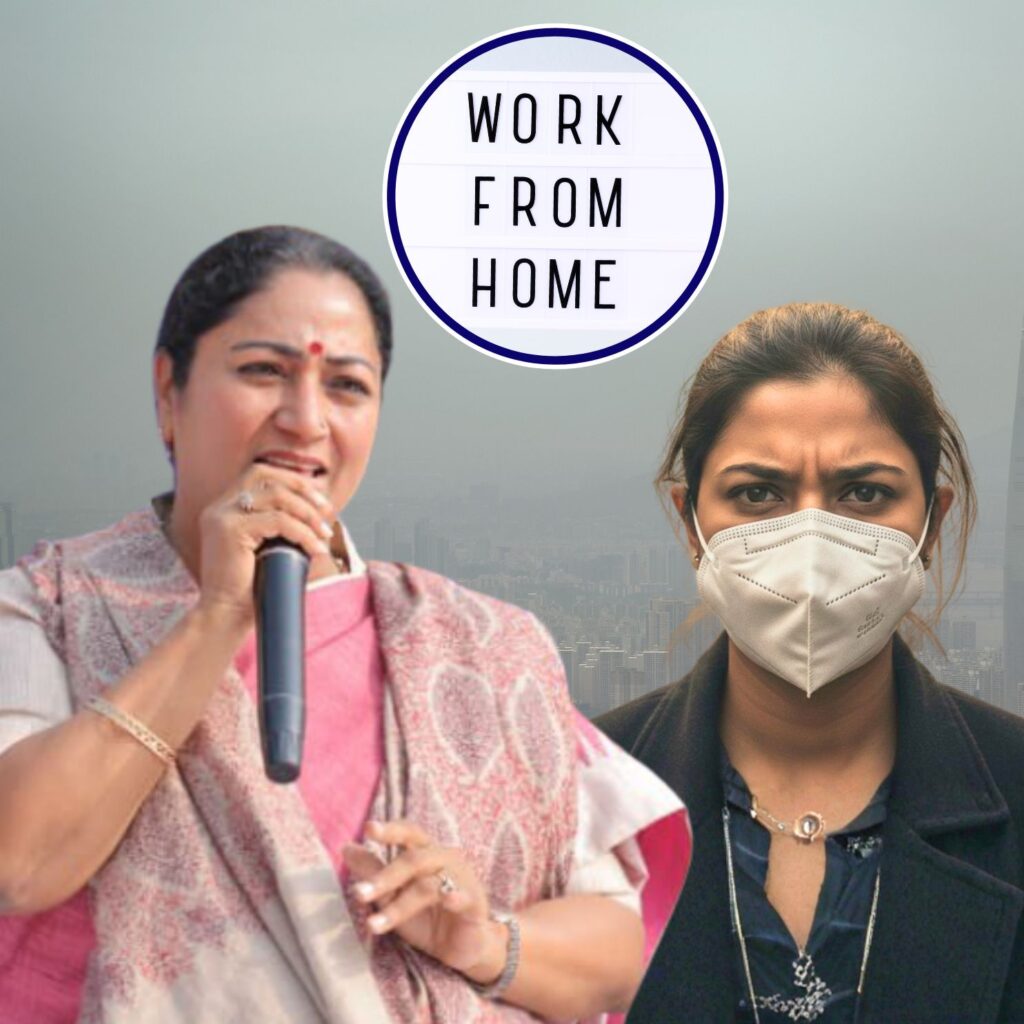A record number of people were killed in 2019 while defending their land and environment from being taken over by industry, said a new research by the independent watchdog Global Witness, which was released on Wednesday, July 29.
The NGO’s annual report said that 2019 was the deadliest year since the advocacy group began compiling data in 2012. According to the report, titled ‘Defending Tomorrow: The climate crisis and threats against land and environmental defenders, four defenders have been killed every week since the creation of the Paris Climate Agreement in December 2015.
‘Countless more are silenced by violent attacks, arrests, death threats or lawsuits,’ the report, which recorded killings in 21 countries, said.
‘For years, land and environmental defenders have been the first line of defence against the causes and impacts of climate breakdown. Time after time, they have challenged those companies operating recklessly, rampaging unhampered through forests, skies, wetlands, oceans and biodiversity hotspots,’ the report said.
‘Yet despite clearer evidence than ever of the crucial role they play and the dangers they increasingly face, far too many businesses, financiers and governments fail to safeguard their vital and peaceful work,’ it added.
As per the report, ‘shockingly’, more than half of all the reported killings last year occurred in just two countries: Colombia (peaking at 64) and the Philippines (rising from 30 in 2018 to 43 in 2019). The killings saw a significant rise of 30 per cent from 2018, when 164 killings were recorded. Meanwhile, indigenous people made up 40 per cent of the victims, the Britain-based group said in the report.
Over two-thirds of killings took place in Latin America, which has consistently ranked the worst-affected region since Global Witness began compiling the data in 2012. Here, Columbia was the deadliest country of all with 64 killings. Meanwhile, Honduras became the most dangerous country per capita in 2019, after the killings rose from four in 2018 to 14 last year.
In Asia, the Philippines had the most number of killings with 43 killings, and there were six killings in India, three in Indonesia and one in Cambodia.
The report said that in the Philippines, the ‘relentless vilification’ of activists by the government and impunity for attackers may be spurring an increase in killings.
Last month, dozens of United Nations experts had called for an independent investigation into human rights violations in the Philippines, including the killings of farmers and indigenous people. Since President Rodrigo Duterte took office in 2016, at least 119 activists and farmers have been killed in the country, the report said.
With two people killed in 2019, Europe remained the least-affected region. Two rangers in Romania were killed in 2019 while working to stop illegal logging in some of the continent’s most pristine forests.
The report added that as cases often go undocumented, the actual number of killings was likely to be much higher across the globe.
The report said that the mining industry was linked to the most land and environmental defender deaths in 2019, followed by agriculture, logging and criminal gangs.
‘Mining was the deadliest sector, with 50 defenders killed in 2019. Agribusiness continues to wreak destruction, with 34 defenders killed, and 85% of such attacks recorded in Asia. And logging was the sector with the highest increase in killings globally since 2018, with 85% more attacks recorded against defenders opposing the industry and 24 defenders killed in 2019,’ the report said.
‘Agribusiness and oil, gas and mining have been consistently the biggest drivers of attacks against land and environmental defenders – and they are also the industries pushing us further into runaway climate change through deforestation and increasing carbon emissions,’ said Rachel Cox, a campaigner at Global Witness.
‘Many of the world’s worst environmental and human rights abuses are driven by the exploitation of natural resources and corruption in the global political and economic system. Land and environmental defenders are the people who take a stand against this,’ Cox added.
The NGO also highlighted the ongoing pattern of indigenous communities who are disproportionately attacked for standing up for their rights and territories. This comes ‘despite research showing that indigenous and local communities manage forests that contain the equivalent carbon of at least 33 times our current annual emissions.’
The Colombian indigenous leaders Omar and Ernesto Guasiruma were killed in March, while isolating at home after meeting a local mayor who had tested positive for COVID-19. Two of the victims’ relatives were also gravely injured in the attack, reported The Guardian.
In 2019, Datu Kaylo Bontolan, a Manobo leader was murdered in the Philippines after opposing illegal mining in the area. ‘He was one of many indigenous people killed in 2019, asserting their right to self-determination and protecting their…











